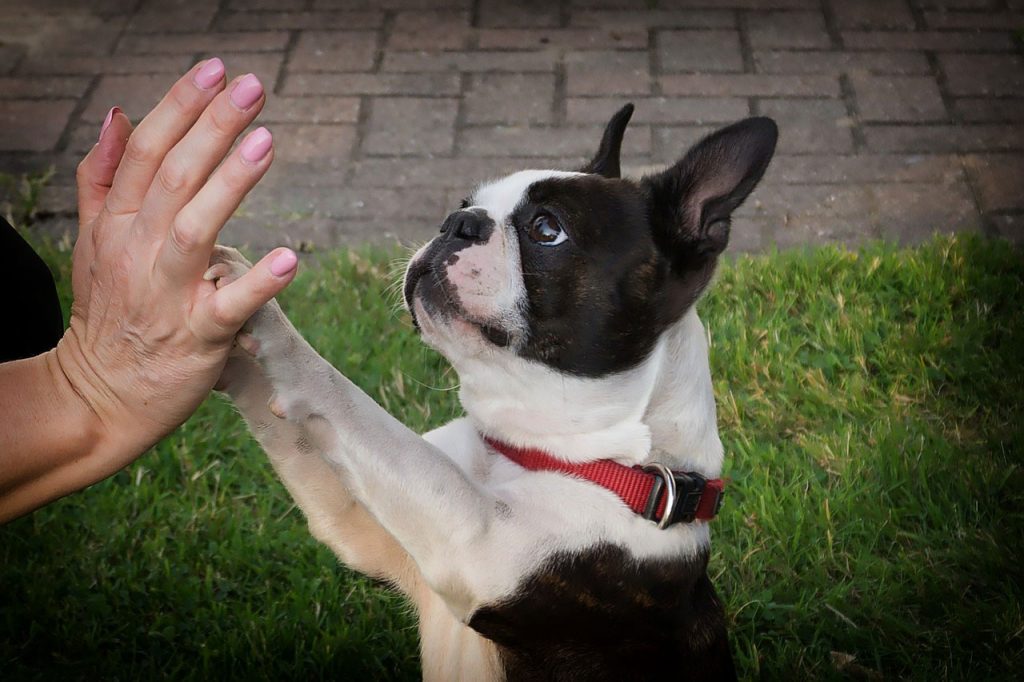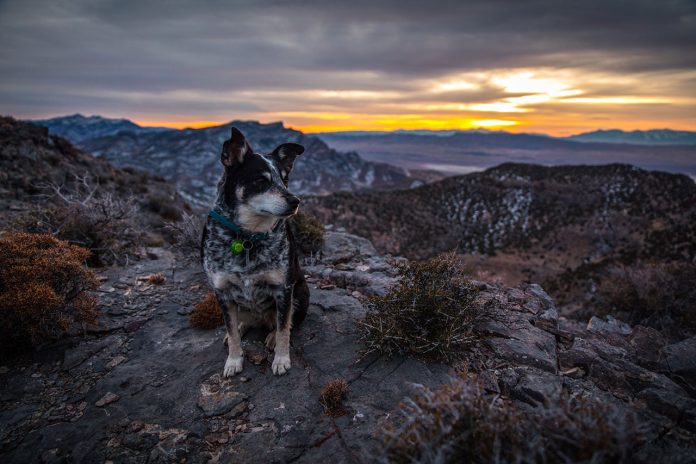Don’t let their small stature fool you – Boston Terriers can make eager and energetic hiking companions when properly prepared for the trail. Hiking with Boston Terrier provides great mental stimulation, exercise, and quality time outdoors together. However, accommodating their brachycephalic anatomy requires taking special precautions to keep your Boston Terrier comfortable and safe while hiking. This guide covers must-have gear, ideal trails, training tips, safety considerations, and more when it comes to adventure-ready hiking with Boston Terrier.
Table of Contents
You may also want to know: How to start hiking
Getting to Know the Boston Terrier Breed
To set your dog up for success, first understand these key Boston Terrier traits that influence their hiking experience:
- Typically weighs 15-25 pounds – compact but sturdy build.
- Possesses high energy matched with enthusiasm for play and exercise. Short legs require more steps to cover the same distance as bigger dogs.
- Thrive when accompanying their owner on adventures – they want to stick right by your side.
- Prone to respiratory issues due to their short, smushed muzzle – heat, and overexertion are risks.
- Determined temperament – they won’t quit even when tired. Careful monitoring prevents overdoing activities.
- Vulnerable to eye injuries – debris, dirt, and plants pose hazards. Eye protection is advisable.
When limitations are properly understood and accommodated, Boston Terriers make ideal companions for simpler hikes.

Finding Boston Terrier-Friendly Hiking Trails
When selecting hiking trails, look for these terrier-friendly characteristics:
- Explicitly allows dogs and proper leash protocols.
- Cool to moderate temperatures – avoid hot weather that can induce breathing distress. Seek mornings or tree shade.
- Relatively flat, wide, and smooth dirt or gravel terrain – nothing too steep, slick, or jarring under their small paws.
- Partial shade coverage – trees or canopy to offer sun relief and aid cooling.
- Close access to water – streams, ponds, or dog-friendly drinking fountains for rehydration.
- Short distances under 2 miles to start as you conservatively build endurance and trail manners over time.
Proper Gear for Hiking With Boston Terrier
Be sure to pack:
- Lightweight body harness that won’t constrict neck or throat when pulling.
- Short leash for maintaining control while allowing some sniffing freedom.
- Cooling vest, pad, or portable mini fan to prevent overheating.
- Dog backpack to carry their own collapsible bowl and water.
- Protective balm or booties to shield sensitive paws from hot or rough terrain.
- Pet first aid essentials include eye wash, tick tools, and wound care.
Getting Your Boston Terrier Trail Ready
Work diligently on key obedience skills at home and on neighborhood walks:
- Loose leash walking prevents pulling that can induce respiratory distress.
- A reliable recall – Bostons can be easily distracted. Reinforce with high-value treats.
- The “leave it” command – curbs investigating or charging at other trail users, animals, etc.
- Extensive socialization to the sights, sounds, and smells they may encounter while hiking.
Use front-clip harnesses, proper fitting collars, and treats in a pouch to motivate compliance. Keep early hike distances very short until focus improves.

Safety Precautions When Hiking With Boston Terrier
Closely monitor for these risks when adventuring with your Boston:
- Overheating – Schedule morning or evening hikes on warmer days. Recognize signs of heat stroke early.
- Respiratory issues – Watch for worrisome coughing, wheezing, or exaggerated breathing.
- Premature tiring – Their determination can override self-regulation. Take regular trailside rest and water breaks.
- Eye injuries – Protect eyes from flying debris, branches, or dust. Invest in doggles.
- Porcupines – Their curiosity spells trouble. Give any sighted porcupines an extremely wide berth.
Gauge your Boston Terrier’s limits on each unique hike. Don’t hesitate to turn back early if they seem uncomfortable or are lagging. Safety comes first.
Rewarding Your Boston Terrier After a Hike
After an invigorating hike, be sure to:
- Provide fresh water before they pant and gulp any standing sources. Dehydration escalates breathing issues.
- Give treats, praise, and pets for demonstrating good recall, manners, and spirits.
- Check and wipe down paws for debris, injuries, blisters, or embedded foreign objects.
- Search thoroughly for ticks, including inside and behind their floppy ears. Prompt tick removal reduces disease transmission risk.
- Review what obedience skills went well and what needs more training reinforcement. Celebrate progress!
With thoughtful preparation, reasonable mileage, training consistency, and close monitoring, Boston Terriers can become delightful trail adventure buddies. Before you know it, conquering the trails will become one of their favorite activities – and yours!

Related Links:
https://en.wikipedia.org/wiki/Hiking




